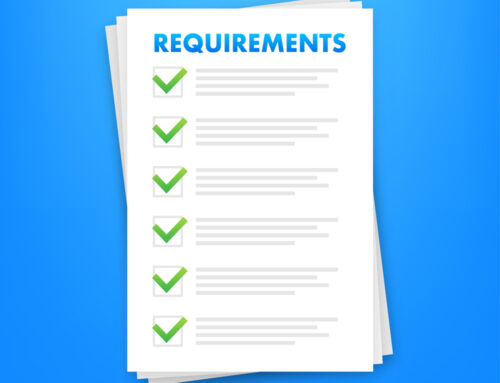Concession stand attendant at a pool club. Cashier at Walgreens. Sales associate at JC Penney.
These were the summer jobs I had when I was in high school. Although I never worked during the school year because I was too busy with academics and extracurricular activities, it was basically a given that I would get a job during my summer breaks. And while I wouldn’t necessarily say I enjoyed those jobs, I certainly learned a lot from them, such as responsibility, problem-solving, and how to deal with difficult people (coworkers and customers alike). There was never any doubt that I would go to college, yet these minimum wage jobs reinforced the notion that if I wanted to advance beyond such positions, I would need a college degree.
These days, it’s becoming less and less common for high school students to have summer jobs. According to a recent article in Time magazine, only 35% of teenagers in the U.S. were working or looking for work in the summer of 2016. In 2000, 50% of teens fit that profile, and in 1980, 58% did. Although the 2008 recession made it more difficult for adolescents to find summer jobs, as more adults were forced into low-paying, hourly positions, statistics indicate that’s no longer the case: this year, 41% of respondents to a CareerBuilder.com national survey said they planned to hire summer help, whereas last year only 29% said so.
Even though plenty of jobs are available, many high school students are spending their summers in other ways: they’re doing an unpaid internship, volunteering, going to camp, attending summer school, and/or participating in an academic program on a college campus. For students whose sights are set on selective and highly selective colleges, these non-work experiences might seem more important or valuable than a summer job. However, having a summer job demonstrates to colleges that you have many desirable characteristics, such as maturity, commitment, punctuality, willingness to take direction, and the ability to work with a team.
While I’ve never kept a record of how many of my students have had summer jobs, this year it seems as though more of them do than in the past. Their jobs are as varied as the individuals themselves: cashier at Target, lifeguard, teller at a bank that caters to kids, hostess at a restaurant; the list goes on. It doesn’t seem as though any of my students enjoy their work so much that they want to do it for the rest of their lives, but I’m willing to bet that the skills they’re gaining are invaluable and will help them be successful in future careers. Plus, previous work experience always helps when it comes time to apply for a “real job.”
So, before you turn your nose up at the idea of working a minimum-wage job, ask yourself how you might benefit from that experience. In addition to what you’ll learn, having extra spending money is always a good thing.






